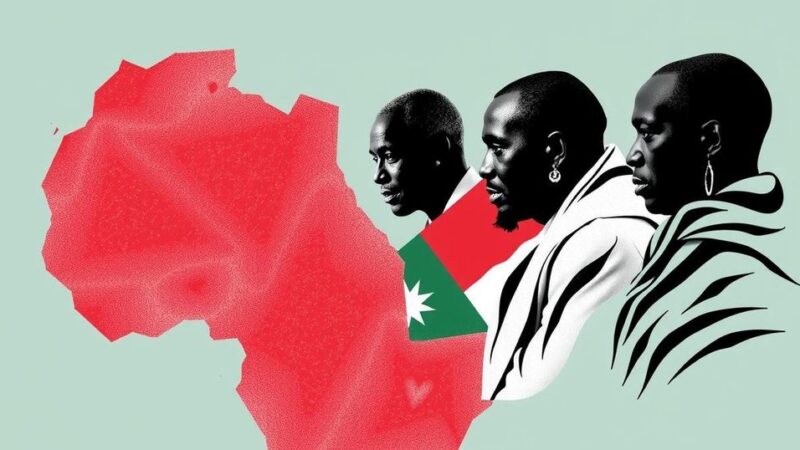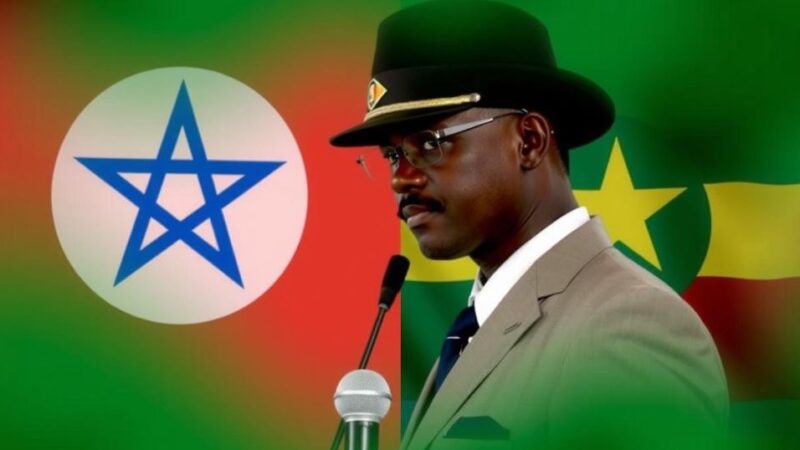On October 30, the Center for the National Interest hosted U.S. Ambassador Joey R. Hood to discuss Tunisia’s future and its vital relationship with the U.S. The conversation addressed Tunisia’s strategic importance amid challenges such as irregular migration, economic hurdles, and climate change. It underscored the necessity for civil society and international partnerships to promote stability and growth in the country.
The Center for the National Interest recently hosted an insightful interview with U.S. Ambassador to Tunisia, Joey R. Hood, shedding light on the dynamic and complex nature of Tunisia’s relationship with the United States amidst a challenging global landscape. Key topics discussed include Tunisia’s strategic importance to Western interests and the pressing issues that the country faces today. Ambassador Hood highlighted the challenges imposing strains on Tunisia, particularly irregular migration, economic difficulties, and the ramifications of climate change. These challenges require not only a governmental focus but also active participation from civil society and the private sector to nurture stability and growth. The dialogue probed deeper into how Tunisia can effectively combat its economic hurdles and address the emigration crisis that affects its population. Moreover, discussions emphasized the role of international partnerships in enhancing Tunisia’s resilience and prosperity in an increasingly competitive global environment, underlining the importance of collaboration and support from trusted allies. The conversation, conducted by Joshua Yaphe, a visiting fellow at the Center, served as a platform to outline steps forward that Tunisia might undertake in order to mitigate its current challenges while fortifying its ties with international entities. The dialogue promised a comprehensive perspective on the interplay between Tunisia’s internal conditions and its international affiliations, thereby calling for a cohesive approach to achieving sustained growth and stability in the region.
Tunisia, often recognized for its pivotal role in the Arab Spring, remains a critical focal point for the United States and its allies due to its geographic location and the implications for regional security and stability. The country is currently grappling with several challenges, including economic stagnation, high levels of emigration, and climate-related stresses, which necessitate effective policy responses and strengthened international partnerships. The U.S.-Tunisia relationship has historical roots, and as Tunisia confronts these contemporary challenges, understanding the framework of this partnership is essential for addressing underlying issues and promoting regional stability.
In conclusion, the interview with Ambassador Joey R. Hood emphasized the urgency for Tunisia to confront its multifaceted challenges through strategic international partnerships. It underscored the need for a collaborative approach that integrates civil society, the private sector, and foreign support to stimulate economic growth and stability, thereby reducing emigration and ensuring a sustainable future for Tunisia. The dialogue serves as a reminder of the significance of Tunisian-American relations in fostering both national and regional prosperity.
Original Source: nationalinterest.org







